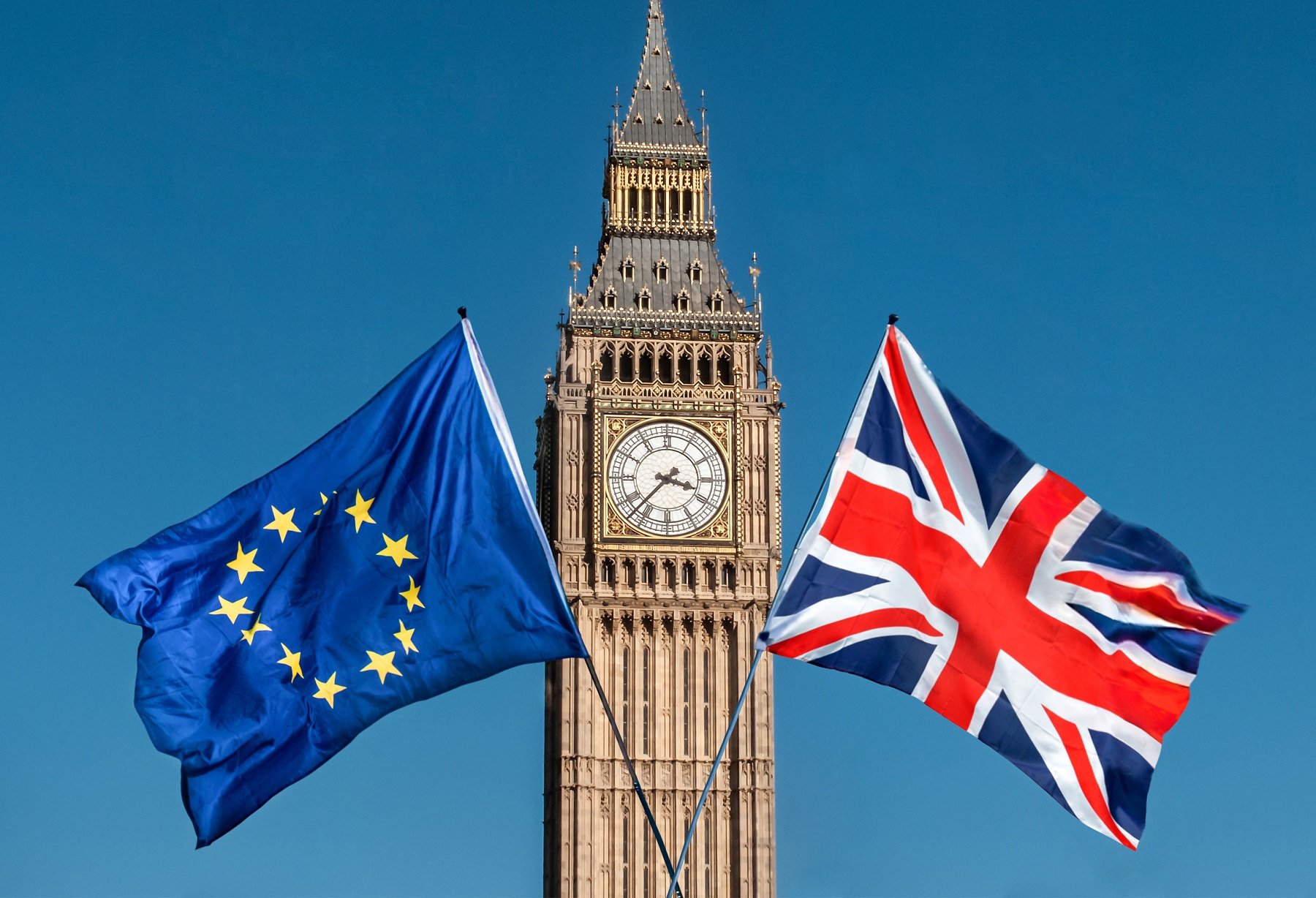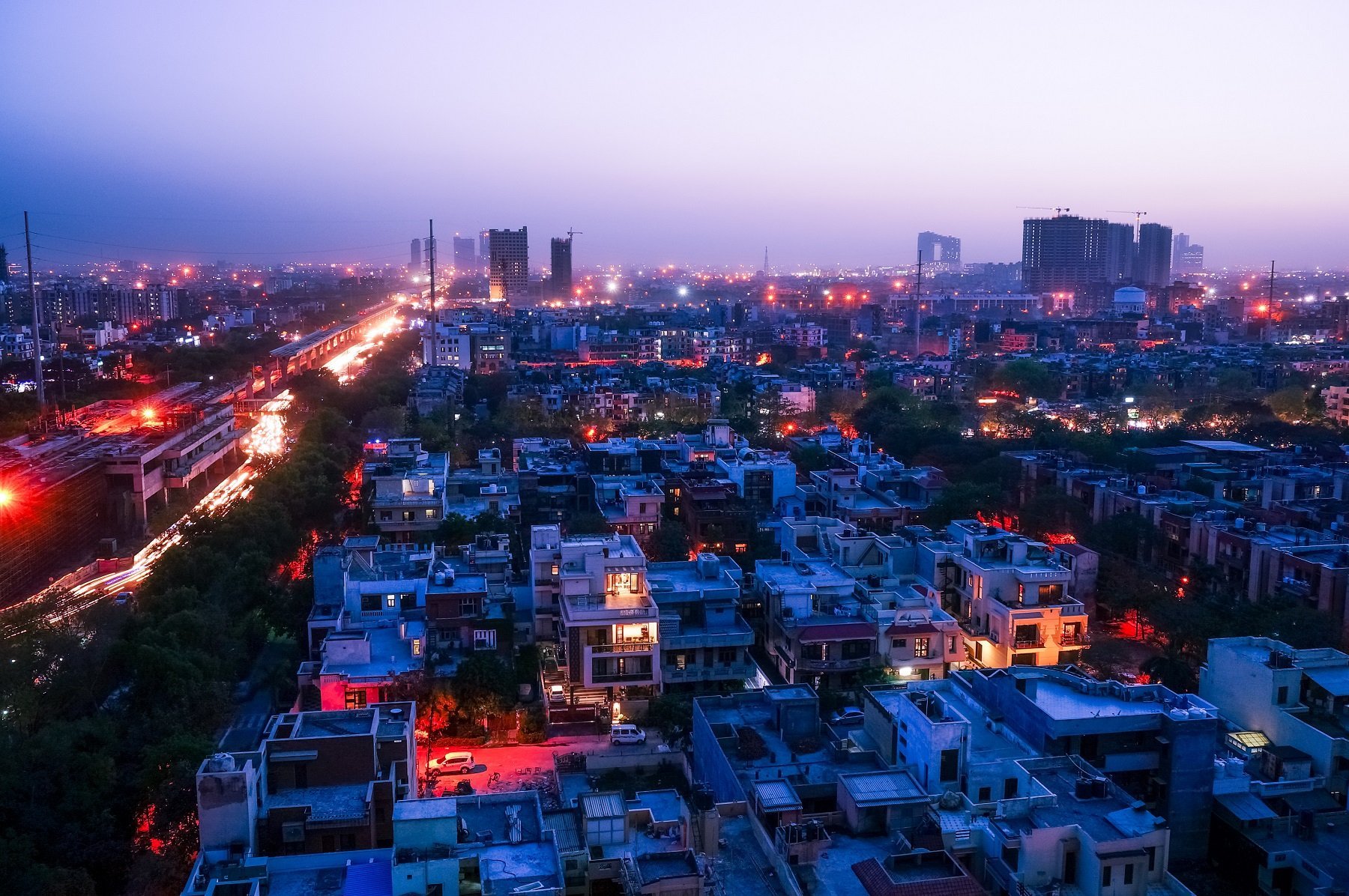No Big Bong but a Bigger Bang…What does the Withdrawal Agreement mean for Britain?
Some of the facts about Brexit are simply inescapable and two of them in particular: the British Isles are a collection of relatively small islands and the United Kingdom, which makes up most of them, will be leaving the European Union at 11.00 pm this Friday. No more straight bananas; no more sausages that aren’t sausages and plenty more milk chocolate without milk. The UK will finally be out and it will be getting £350 Million a week extra into the bargain (or perhaps not). The island race will finally be set free to ply its trade across the four corners of the world and not just with its single biggest market across the Channel.
Because one of those inescapable facts is that since the grant of a first Royal Charter to the East India Company in 1600 and right down to the dog days of the post-colonial Empire, trading with the rest of the world has been an economic necessity for Britain’s economy. India’s Railways were built with British steel and they kept British workers in jobs, just as much as Indian cotton kept Lancashire’s mills alive and spinning this same economic necessity is just as vigorous and inescapable today…
In 2015 the UK imported nearly three times as many agricultural products as it exported and a consistent year on year decline of 2% means it is now only 60% self-sufficient in food. By 2017 the country’s biggest commodity exports by value were fuel (£165.7 Million), drinks and tobacco (£109.2 Million) and manufactured goods including cars (£107.9 Million), while on the other side of the ledger imports of fuel accounted for twice as much and manufactured goods (including cars) were broadly equal both ways. These islands are bound up as a trading nation par excellence and like a shark, it has to keep moving forward to survive.
But, you might be asking, what about that other inescapable fact? What about Brexit?
At the stroke of 11.00 pm this Friday (not the stroke of Big Ben obviously, that’s too expensive) the United Kingdom will leave the European Single Market and its Customs Union, but until 31 December this year, it will continue to be treated as a Member of the European Union: that long lapse of time between this Friday and the end of the year is the much-vaunted Transition Period.
Well, it sounds like a long lapse of time but in fact, it’s considerably shorter than it might have been: the original transition period agreed by Theresa May (remember her?) was left unchanged by Boris because when he wanted to keep his replacement deal in line with the EU’s current Multinational Financial Framework, in other words, he didn’t want to make another budget contribution. As a result, about half of the original 21-month Transition Period has been lost making it wildly improbable that a long-term trade deal can be negotiated before Big Ben finally chimes at the end of the year.
And that’s not a matter of minor importance: the whole point of the Transition Period is to allow time for the negotiation of a new UK/EU Trade Deal and avoid the dire prospect of what most of us had already grown tired of calling a No Deal Cliff Edge. Bearing in mind India has been trying to negotiate a trade deal with the United States since 1972 and EU negotiations with Canada took seven years, it might be pushing it to expect a brand new trade deal to emerge in just eleven months (less than a third of the time Anne Boleyn was married to Henry VIII, and look what happened to her). All of which now makes the prospect of a no-deal exit more likely and that’s something the unlikely triumvirate of the CBI, TUC and financial markets globally have all (for good reason) set their faces against.
For all the huffing and puffing of the European Research Group (remember them, anyone?) the Withdrawal Agreement also requires the UK to follow EU law and related decisions of the Court of Justice of the European Union during the Transition Period (Article 127(1)) if you’re interested). The UK must also adhere to the EU’s four freedoms (including freedom of movement), continue to abide by EU Customs Rules and so cannot during the transition period conclude any trade deals with third-party countries. And all of this happens whilst the UK has no representation at all on the EU Commission, no members in the EU Parliament and no presence in the Court of Justice. What was all that about being a vassal state?
But, it’ll all be over by December when the United Kingdom can finally shake off its chains, imaginary or otherwise. And then this relatively small collection of islands in the cold northern climes will do what it has always done best: it will trade with the rest of the world and makeup that 40% (and growing) deficit in domestic food production, it will find new markets for cigarettes and alcohol and it will stop all those bananas from going straight.
There may though still be a shiver of apprehension that in a post EU world, India doesn’t need that British steel anymore (even if Britain was making it) and Lancashire’s mills have been silent for more than half a century so Indian cotton goes elsewhere. India is thriving because of its new, global economic outlook but it remains to be seen whether the United Kingdom has either the appetite or ability to do the same, having had no independent trading policy at all for nearly 50 years.
View our preference shares offer
Nobody understands the fundamentals of the Indian economy better than Red Ribbon Asset Management, which has placed the subcontinent at the heart of its investment strategies since the company was founded more than a decade ago. Drawing on unrivalled knowledge of local markets with an expert team of more than a hundred advisers working in India’s economic hotspots, the Red Ribbon Private Equity Fund offers unique opportunities to share in this potential.
Executive Overview
Brexit will change the UK’s outlook on the world and the way it will trade across a new range of global markets, but it will also change the way the UK is seen across the world. Whether that is a good or a bad thing I don’t know, but I do know a lot will depend on the successful negotiation of a slew of new trade deals which certainly can’t be taken for granted and will undoubtedly take time to complete. At the last count, the Government was looking to put more than 600 new trade treaties in place by December, and I can’t help thinking that is wildly optimistic.
It could well be that after all the uncertainties and largely self-inflicted injuries caused by Brexit over the past four years, the real work is only just beginning.
I’m sure we’ll all be keeping a close eye on developments.









Leave a Reply